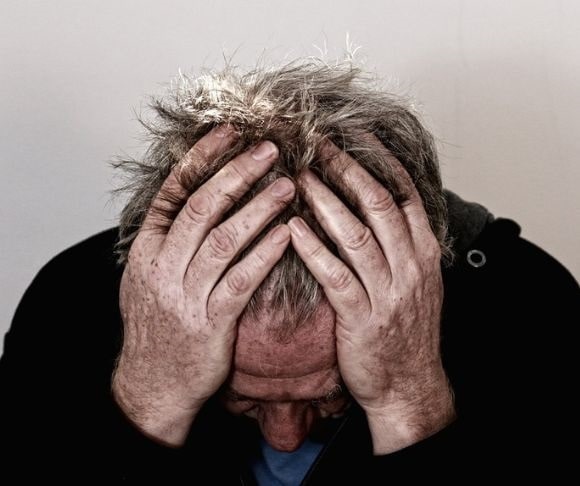The American people are not doing well, according to the Misery Index print in June. The White House may believe it presides over the greatest economy in US history. Therefore, it is not surprising that the Washington establishment is telling citizens to remedy problems the administration created. Are motorists suffering from high gasoline prices? Buy an electric vehicle. Are households struggling to afford food at the supermarket? Scrounge for some bugs. Are workers living paycheck to paycheck? Well, be grateful for the thousands of dollars in stimulus from President Joe Biden last year.
The Misery Index
The Misery Index, also known as the stagflation index, is calculated by combining the inflation and unemployment rates. The measurement was developed by Yale economist Arthur Okun, who served under President John F. Kennedy. It became widely popular in the 1970s as the US economy watched a skyrocketing consumer price index (CPI) and rising joblessness simultaneously. Put simply, the higher the composite index, the more miserable the average person is in the marketplace.
In June, the US Misery Index advanced to 12.5. The last time it was this high was in September 2011, an abysmal span after the Great Recession comprised of lackluster employment gains and anemic economic growth. Surprisingly, the figure is higher than during the 2008-2009 financial crisis. In addition, it averaged double digits under four other presidents: Richard Nixon (10.57), Gerald Ford (16.00), Jimmy Carter (16.26), and Ronald Reagan (12.19).
Of course, times change. A decade ago, at least millions of Americans felt a thrill up their leg a la former MSNBC host Chris Matthews. Today, spam cans are being locked up, there might not be enough candy this Halloween, the mini-Maos feel emboldened by fearmongers, and political discourse has devolved into “Everyone I Don’t Like is a White Supremacist.” Unfortunately, there was no difference in political speech. In 2011, everyone in the nation’s capital, from the Federal Reserve to the White House, insisted that everything was fine. In 2022, the talking point has become that things are great because the United States is not suffering from a food crisis.
Consumer Sentiment Collapsing
What the Misery Index reveals is no surprise. Sentiment, be it among consumers or businesses, has been waning for much of the year. The University of Michigan’s Consumer Sentiment Index collapsed from 67.2 in January to 51.5 in July.  The Conference Board’s (CB) Consumer Confidence Index plunged from around 115 at the beginning of 2022 to 95.7 in July. The National Federation of Independent Business (NFIB) Optimism Index dropped from 97.1 in January to 89.5 in June. The number of US households anticipating their financial situations to worsen over the next year climbed from 27% to 45%, according to the Federal Reserve Bank of New York’s (FRBNY) Survey of Consumer Expectations.
The Conference Board’s (CB) Consumer Confidence Index plunged from around 115 at the beginning of 2022 to 95.7 in July. The National Federation of Independent Business (NFIB) Optimism Index dropped from 97.1 in January to 89.5 in June. The number of US households anticipating their financial situations to worsen over the next year climbed from 27% to 45%, according to the Federal Reserve Bank of New York’s (FRBNY) Survey of Consumer Expectations.
“As inflation continues to dominate business decisions, small business owners’ expectations for better business conditions have reached a new low,” said NFIB Chief Economist Bill Dunkelberg in a statement. “On top of the immediate challenges facing small business owners including inflation and worker shortages, the outlook for economic policy is not encouraging either as policy talks have shifted to tax increases and more regulations.”
These attitudes are leading to real-world consequences. The latest JOLTs numbers have slumped nearly 10% from their March peak. Initial jobless claims increased to eight-month highs. The personal savings rate has cratered, new and existing home sales have tumbled, and credit growth has surged. When real wage growth is still negative and pandemic-era savings have been exhausted, it can be challenging for businesses to invest or for consumers to spend on junk with money they do not have.
Paul Krugman Was Right?
Liberty Nation recently reported Keynesian economist Paul Krugman dismissing ubiquitous recession concerns. As far as he’s concerned, who cares if the nation is in an economic downturn? Perhaps the it-girl of leftist economics is correct. When a considerable percentage of the population is fighting to keep their heads above water, does it matter if the National Bureau of Economic Research (NBER) makes an official recession declaration? People focus more on determining how to pay for groceries while keeping the lights on than watching CNBC all day or reading every article in The Wall Street Journal.




